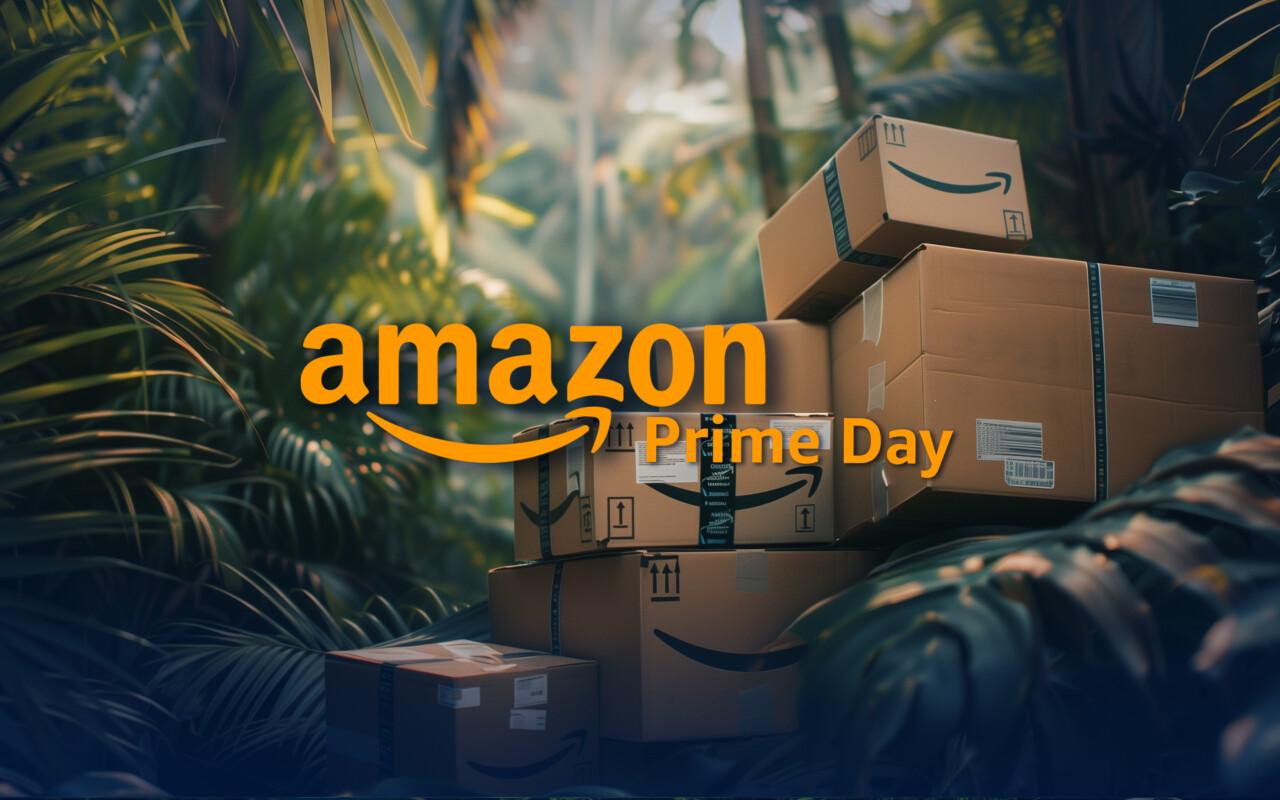So what is Temu, which has enjoyed an explosion of popularity in the West recently? How does the Temu marketplace work and is it a realistic challenger to Amazon?
In recent years we have seen significant growth from Chinese e-commerce platforms in the Finnish and European markets. Temu, which has entered the European online marketplace with a bang, has overtaken many local competitors in search volume and has taken millions of active users away from its Western peers, including Amazon. So what is it about Temu that attracts you and is this change permanent?
Temu briefly
Temu is an online e-commerce platform owned by PDD Holdings, a Chinese company. Like Amazon, Temu is a multi-category sales platform for product manufacturers. So far, the platform has mainly been limited to low-cost Chinese sellers, but recently it has started to attract Western sellers.
The factors behind Temu’s popularity
Actors like Temu differ from their Western counterparts in many ways. The strategy so far has been to challenge Western players by offering extremely low prices at the expense of quality, sustainability and delivery times. In addition to low prices, Temu is currently advertising free delivery and returns with a 90-day return policy.
Temu has quickly risen to the top of the most downloaded apps in Finland too.
Another reason for Temu’s explosive growth lies in the company’s aggressive advertising. Temu is rapidly taking over search engines and social media, and is not afraid to spend money on acquiring new customers. The Temu app is currently the most downloaded free app in many European markets and even the most downloaded iphone app in the US in 2023. It is also important to realise that while Temu does not spare any expense, the introduction of the app allows them to actively engage with users without having to buy an account through re-advertising.
The third differentiator for Temu is its ability to engage its users to spend time with the app. On the Temu platform, users can play a variety of mini-games, for which players are rewarded with discounts on purchases made on the platform. Through gamification, Temu has managed to double the average time consumers spend browsing the app on a daily basis. According to a survey by GWS in the UK, the average Temu user spends an estimated 18 minutes a day on the app, compared to an average of 8 minutes a day on the apps of its main competitors (Amazon, eBay, Shein).
Read also: How will buying on Amazon evolve in 2024?
The price of a low price
As mentioned, the core of Temu’s strategy is to offer products at extremely low prices or even for free. However, this comes with a number of trade-offs, which we will explore below.
To enable Temu’s low price, almost all platform vendors are Chinese product manufacturers. The company, unlike Amazon, does not have an extensive logistics and distribution network in its target countries, with most individual shipments being sent directly from China. As a result, delivery times to customers are significantly longer than those of competitors such as Amazon. Temu is also solely responsible for 4 000 tonnes of daily air cargo. Together with Shein, which uses a similar model, the companies are responsible for around. 9 000 tonnes of daily air cargo, creating a burden on international air transport and sustainability. This factor is another feature behind Temu’s low prices, as many manufacturers prefer to under-declare the price of their product to avoid customs duties, which only apply to shipments worth more than €150.
Despite their low price, the products sold on the platform have come in for a lot of criticism for their poor quality and counterfeiting. Even the company itself urges its users to be careful when buying electronic products, because although they look like authentic products from Western brands, they are often not. The platform has also received complaints from users about how products can arrive badly damaged, if at all.
Temu as a selling platform?
In March 2024, Temu opened its doors to US sellers and soon started attracting European sellers to join the platform. It remains to be seen to what extent Western sellers will actually join the platform.
Although Temu offers an ever-growing user base in Europe and the US, the company’s reputation is tarnished by the above-mentioned problems. Clearly, the main value of the products sold on the platform is cheap price at the expense of everything else. Any company considering selling on the platform should consider the reputational damage and value conflicts that may arise from operating on the platform.
It is also important to consider that the support services and means of protecting intangible property offered by Temu are very limited. While Amazon offers a wide range of support services for logistics, marketing and protection of intellectual property, such services are largely absent on Temu. Although Temu has recently invested in its distribution network in Europe through strategic partnerships, there is still a long way to go to reach Amazon’s level of service.
Read also: Why Amazon: the world’s largest shopping site opens up opportunities for businesses of all sizes
Temu’s future – a challenger to Amazon?
The final burning question remains: will Temu replace Amazon in the future? Our short answer is: no.
We think it is highly unlikely that western brands and product manufacturers will join Temu’s platform in droves. Extremely low prices and aggressive marketing have been effective strategies to attract attention and fast sales, but challenging Amazon in Europe for the long term would also require cooperation with local brands. Temu may be a future challenger in the low-cost segment, but the title of the largest omnichannel retailer will, in our view, remain with Amazon in the future. An excellent illustration of this is the graph at the beginning of this blog, where Temu has overtaken Amazon in search volume only in those European countries where Amazon does not have a presence.
Getting started on Amazon is quick and relatively inexpensive, but success requires an understanding of the e-commerce giant’s business logic. Getting to the top of Amazon’s search results requires a careful strategy and continuous optimisation. Our knowledgeable journey leaders will be happy to discuss your business’s potential in the ecommerce jungle with you – feel free to contact us!



